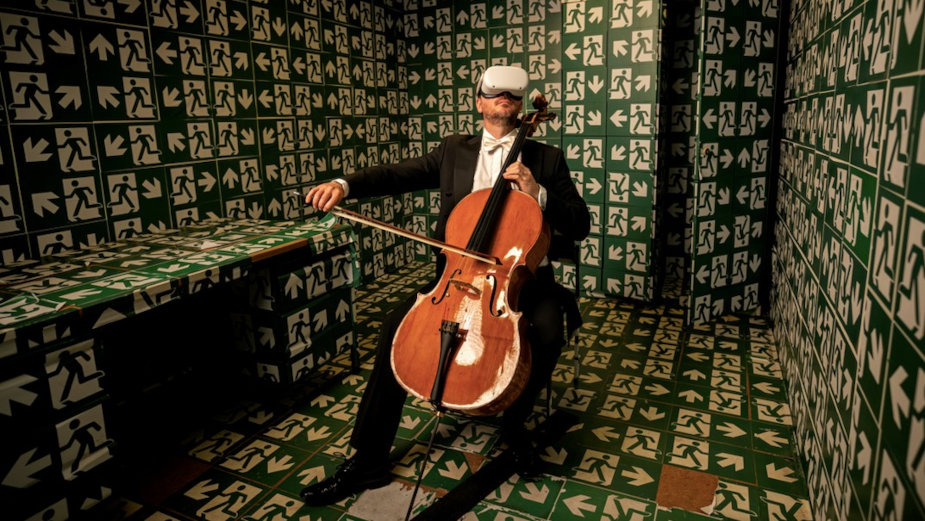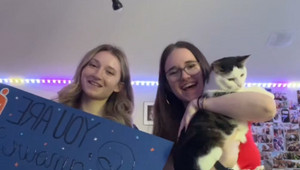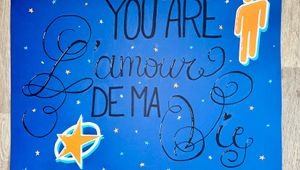
AI Takes the Stage: Munich Symphony Orchestra Performs AI-Composed Piece at Innovation Day

Serviceplan Group's 19th edition of their annual Innovation Day conference featured a unique blend of technology and art, with the Munich Symphony Orchestra performing a piece of music composed by Artificial Intelligence (AI).
The AI-composed performance was part of 'The Tapestry of Spaces' art project. Using AI and photos of artist-designed rooms, unique melodies were created for individual instruments. The idea was born from the collaboration of Carl Amadeus Hiller, responsible for the immersive video production, and Jakob Haas, a cellist in the Munich Symphony Orchestra.
Jakob Haas, co-creator of the project, explains: “After experimenting with various AI models, I decided on ChatGPT. Even though ChatGPT cannot compose in the actual sense, GPT4 was able to design melodies from images of the street art spaces where our VR video is set. Working with a language model made the creative process transparent and intriguing.”

The project also addressed the ongoing debate on whether AI can enhance or detract from classical music. While AI models today primarily imitate or extend existing styles using large data sets, like AI's creation of Beethoven's 10th Symphony, "The Tapestry of Spaces" aims to explore if AI can deliver original output based on specific guidelines. This output could offer a foundation for developing something innovative and unique.
When asked if playing AI-composed music feels different, Jakob Haas expressed that musicians interpret music through their emotions - even a single note. The Munich Symphony Orchestra members have mastered the art of playing Beethoven, but playing ChatGPT was a novel experience. This unfamiliar territory offered them immense artistic freedom to infuse their unique ideas into the music, making the collaborative development of the piece engaging and mesmerizing!
Florian Haller, CEO at Serviceplan Group adds: "Innovation Day has always been a platform for embracing new ideas and broadening our horizons. This year, we are navigating the exciting crossroads of AI and music. The Munich Symphony Orchestra's performance is a testament to our belief that innovation is boundless. It's not just about leveraging AI in business or marketing, but also about exploring how it can contribute to the world of art and culture. We are truly excited to present this unique experience to our attendees – it's a testament to the transformative power of technology and a glimpse into the future of creativity."

Managing director of the Munich Symphony Orchestra, Tilman Dost comments: “The art project illustrates a successful human-machine co-creation and an undeniably fruitful symbiosis of both promising tools and creative ideas. As the Munich Symphony Orchestra understands its educational mission, we are glad to drive forward new ways of engaging with challenging questions of our time.”
One limitation to using Language Models for music composition is its inability to write notes; it outputs all tones and rhythms as text. It also lacks the capability to create complex harmonic contexts. Without explicit instructions, ChatGPT primarily delivers statistically probable melodies. However, ongoing research in the realm of sound aesthetics holds the potential to upend this limitation in the near future.















